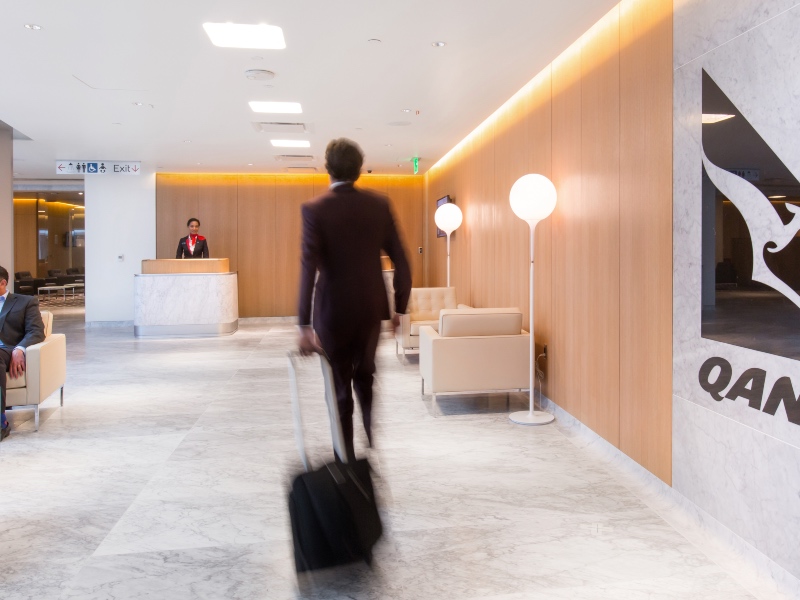
In Australia, members of parliament are eligible for complimentary membership of Qantas’ exclusive, invitation-only Chairman’s Lounge. This comes with the ultimate in perks when flying with Qantas including personalised service, free upgrades and access to dedicated VIP lounges in major Australian airports – among many other unwritten benefits.
Virgin Australia also operates a special invitation-only status tier called “Beyond”, which reportedly offers invites to politicians. Rex, too, provides free lounge membership to sitting members of parliament.
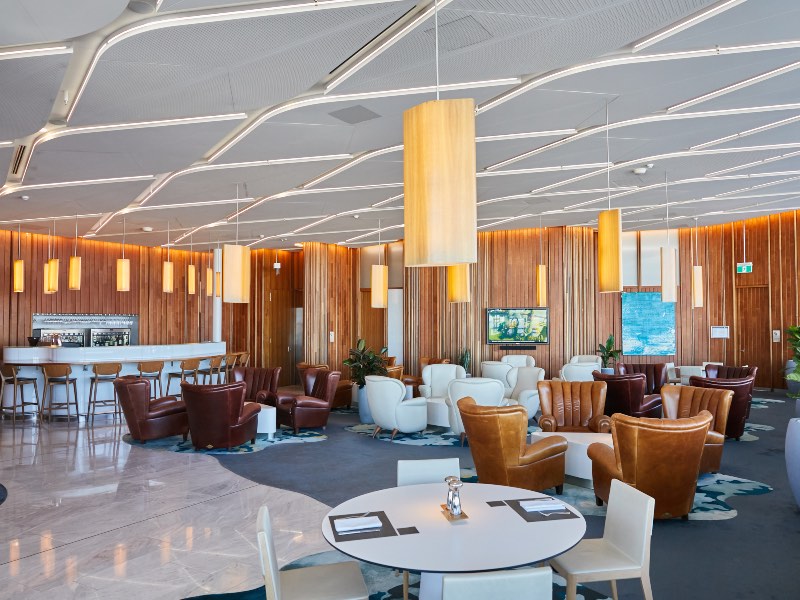
There are some obvious reasons why giving free Chairman’s Lounge membership is a win-win for both Qantas and politicians.
For politicians, they get treated very well when they fly with Qantas. They also gain access to private lounges that are not accessible to the public, making it easier to conduct private meetings while on the road and reducing the possibility of getting heckled at the airport when flying home after a busy day. The additional privacy is highly valued by public figures.
For airlines, the benefit of providing perks like Chairman’s Lounge or Beyond membership to politicians are also numerous. As well as helping to secure their loyalty and business, some might say it’s a soft form of lobbying.
There’s nothing inherently wrong with Qantas having an exclusive Chairman’s Lounge. This does not exist purely to serve politicians, but is also a way to lock in the valuable and highly profitable loyalty of high-flying celebrities, industry titans, business leaders and other top-spending customers who manage to crack the exclusive invite list.
But the question should perhaps be asked: does it not create the potential for a conflict of interest when politicians, who are responsible for allocating taxpayer funds and creating laws that directly affect companies like Qantas, are given such a huge perk for free?
In a democratic country, politicians are elected to serve the public interest. Does accepting Chairman’s Lounge (or Beyond) membership do that?
German politicians lose complimentary Lufthansa status
A similar arrangement has existed in Germany for decades. Sitting members of the German parliament currently receive complimentary Senator status with Lufthansa, Germany’s flag carrier which was privatised in the 1990s. German politicians also receive unlimited free train travel with Deutsche Bahn.
But it was recently reported that Lufthansa will stop giving out free Senator status to German members of parliament this year.
“The offer of free frequent flyer cards for members of the German Bundestag will not be renewed,” a Lufthansa spokeswoman confirmed to German media outlet RND last month.
According to Lufthansa, MPs who already held a free Senator card in the last electoral period can apply to have their status extended until February 2024 at a cost of €170 per month, or approximately AUD2,960 for a whole year. This cost must be borne by the MP.
An official reason was not given for the ending of this perk for politicians, but some have speculated that it’s because German MPs are only allowed to accept gifts worth up to €25 (~AUD37) for ethical reasons. Although frequent flyer status doesn’t come with an official price tag, in the sense that it can’t be bought directly for cash, it is surely worth a lot more than $37.
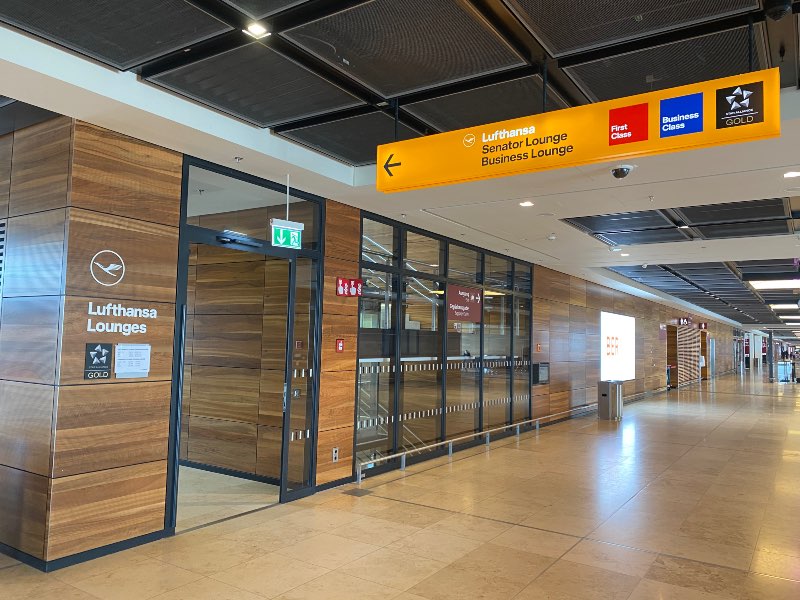
A conflict of interest?
In its piece on this decision, LoyaltyLobby cited possible conflicts of interest. Here are a few paragraphs from the LoyaltyLobby article:
There have been clear conflicts of interest that emerged most recently when Lufthansa needed government approval for financial assistance during Covid.
In 2020 when Covid hit, Lufthansa got into financial difficulties to the point where they couldn’t repay passengers their money for canceled flights. In long negotiations, the German Federal Government eventually agreed to a 9 Billion Euro rescue package for the airline. Lufthansa has since paid back this loan, and the German taxpayer made a good 1 Billion in profit. Nevertheless, the decision was in the hands of people who had profited for years, if not decades, from Lufthansa’s little gift (bribe) of a free Senator status…
The final straw might have been the requirement of the government to make a direct, favorable decision to the benefit of Lufthansa, and it was ultimately decided that this is no longer an acceptable practice, let alone likely an illegal one as well.
There’s no reason to suggest that Australian politicians are generally corrupt, nor that Chairman’s Lounge membership unduly influences politicians to create policies more favourable towards Qantas or the aviation industry. But it is perhaps worth observing that Qantas was awarded around $2 billion in taxpayer funding during the pandemic, as has been widely reported, by the same people who would have benefited for years from free Chairman’s Lounge membership.
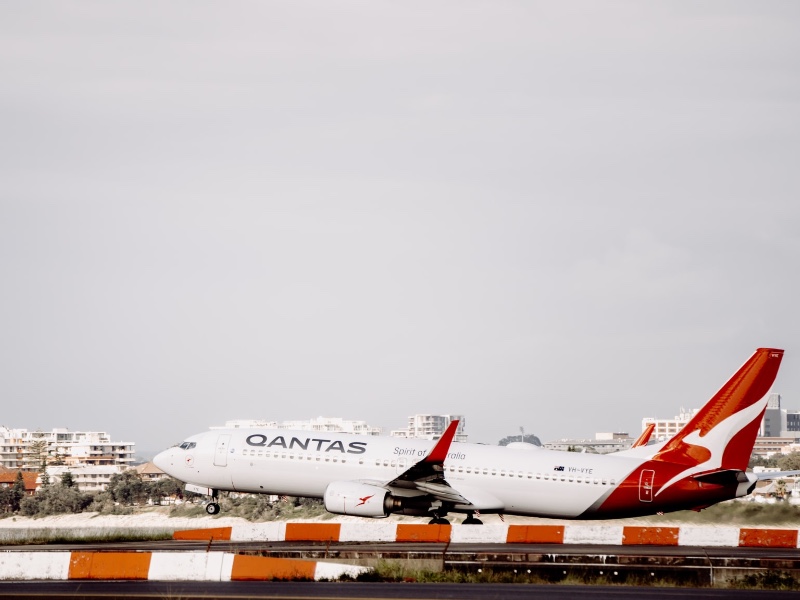
Around two-thirds of Australian MPs do at least declare that they’ve been given Chairman’s Lounge membership as a gift.
Chairman’s Lounge members have a different travel experience
As far as lobbying goes in Australia, free Chairman’s Lounge for politicians is probably quite minor in the scheme of things compared to the efforts of many other companies and organisations.
Ultimately, it’s unlikely that Qantas would revoke the Chairman’s Lounge membership of any politician who sought to introduce legislation that it didn’t like. That would surely raise too many eyebrows.
But by virtue of their Chairman’s Lounge membership, politicians in Australia are likely immune from experiencing many of the common issues that air passengers in Australia complain about.
Australia has no air passenger protections like those in Europe, Canada or the United States, which mandate compensation for passengers if there are flight cancellations, lengthy delays, downgrades or somebody is denied boarding due to overbooking. Airlines in those countries are also required to refund passengers within a certain period of time if a flight gets cancelled.
Instead, in Australia, airlines can get away with paying peanuts when downgrading passengers and can take months to refund money owed. Some airlines, such as Air New Zealand, can even legally not refund you at all if they cancel your flight departing Australia (instead, they offer a travel credit).
If a Chairman’s Lounge member’s flight got cancelled, they would presumably just get rebooked by the VIP Service Team on the next available seat. They would not be left waiting on hold to deal with an offshore call centre that potentially can’t do anything to help. Chairman’s Lounge members would likely also never be involuntarily downgraded or bumped from a flight due to overbooking. So, they probably don’t see any pressing need to regulate these kinds of things in Australia.
In the public interest?
The current arrangement of free Chairman’s Lounge membership for politicians in Australia certainly serves the interests of Qantas and politicians alike. But politicians aren’t (supposed to be) elected to serve their own interests. They’re elected to serve the public interest. Does this arrangement do that?
Perhaps it does. But in light of recent events in Germany, it’s worth asking the question.
Ultimately, airlines like Qantas and Virgin Australia are private companies and can do what they like (within the confines of the law). These airlines have done nothing wrong – they are simply acting in their own interest here, as one would expect them to.
If the government was concerned that this could cause a conflict of interest, politicians could choose not to accept what’s being offered or perhaps be asked to pay a nominal fee out of their own pocket. Then again, most people in government don’t seem to think it’s an issue and the public is mostly unaware that this is even a thing, so why would politicians refuse?
You can leave a comment or discuss this topic on the Australian Frequent Flyer forum.
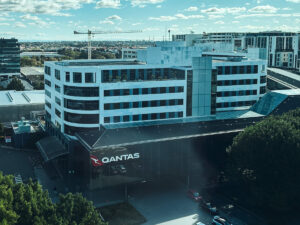


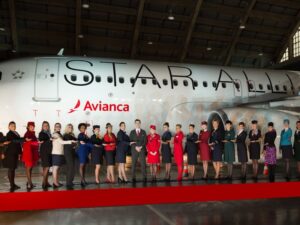
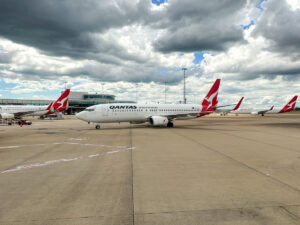
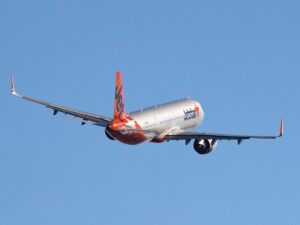

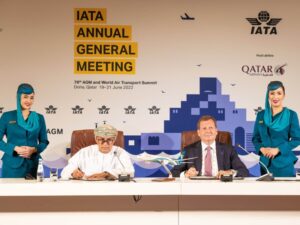




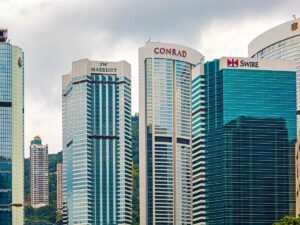







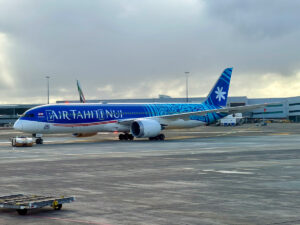
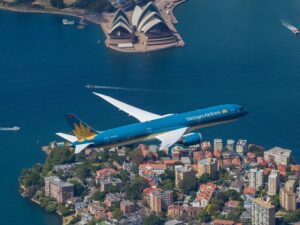
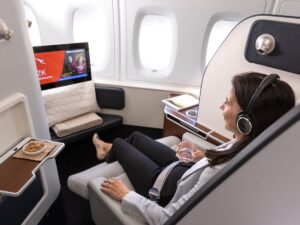





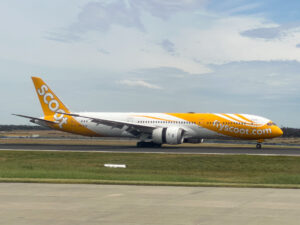







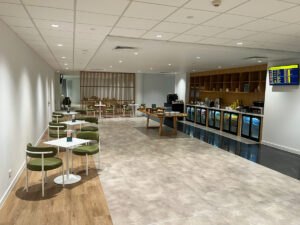
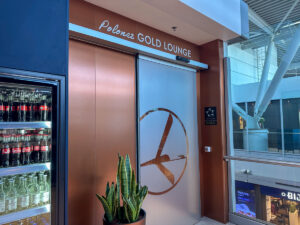



















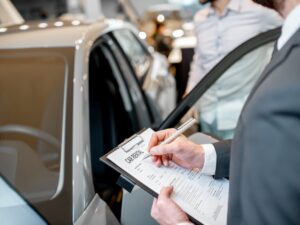
















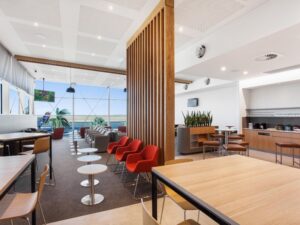





Community Comments
Loading new replies...
Join the full discussion at the Australian Frequent Flyer →